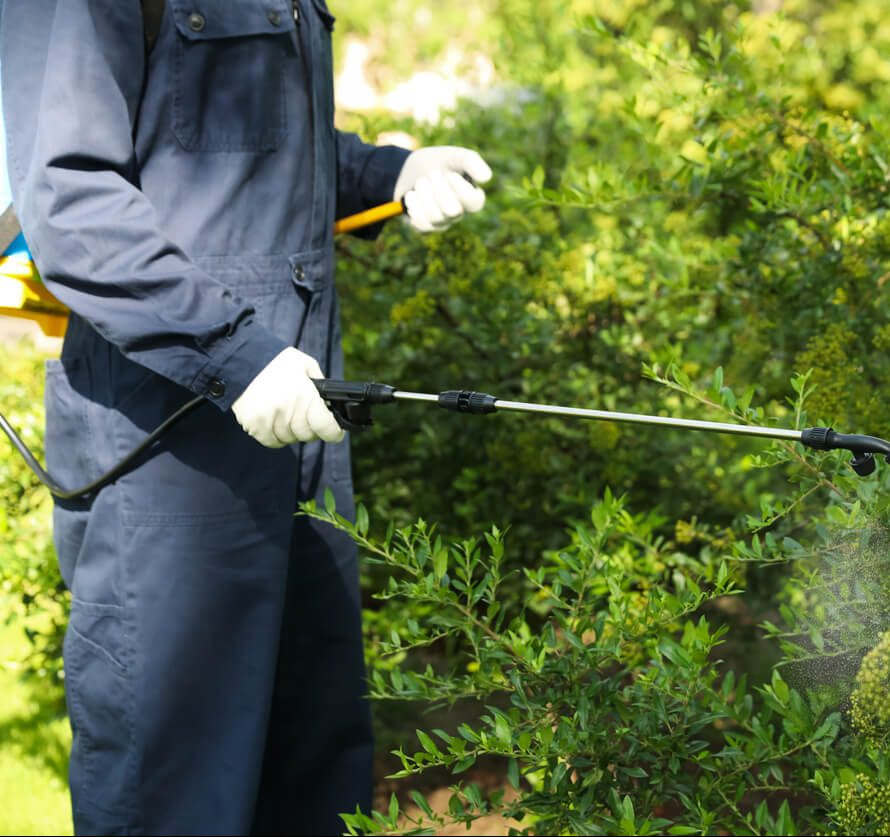Plaintiffs, Defendants Agree to Settlement for ‘Many’ Paraquat Lawsuits
Editors carefully fact-check all Consumer Notice, LLC content for accuracy and quality.
Consumer Notice, LLC has a stringent fact-checking process. It starts with our strict sourcing guidelines.
We only gather information from credible sources. This includes peer-reviewed medical journals, reputable media outlets, government reports, court records and interviews with qualified experts.

Resolution may be on the horizon for thousands of paraquat lawsuits. Court documents filed this week showed that plaintiffs and defendants have entered into an agreement to settle claims that the herbicide is tied to the development of Parkinson’s Disease.
The settlement, which will still need to be finalized, would resolve “many” of the paraquat cases that are currently pending in federal court. At the start of April, there were nearly 6,000 active cases. It is unclear if the settlement will also cover the other cases pending across state courts.
While no cases have gone to trial so far, the paraquat litigation has been ongoing for years. The herbicide, which is highly toxic, has been banned in dozens of countries but remains available in the U.S.
According to the Guardian, terms of the settlement are expected to be finalized in the next 30 days.
Paraquat Lawsuits Claim Herbicide Exposure Causes Parkinson’s
The pending paraquat lawsuits are based on claims that the manufacturer, Syngenta, failed to warn of serious health impacts that may result from exposure to the herbicide.
Research has tied paraquat to the development of Parkinson’s Disease for more than a decade. A 2011 study published in Environmental Health Perspectives linked human exposure to paraquat with the development of Parkinson’s after animal studies had previously suggested a connection.
A study conducted by UCLA researchers last year similarly found evidence to suggest that paraquat causes the neurological condition.
Despite this evidence, paraquat has remained available in the U.S. According to the Environmental Protection Agency, it is one of the most widely used herbicides in the country.
Syngenta, which has manufactured paraquat for decades, maintains that the herbicide is safe if used properly and does not cause Parkinson’s Disease.
“Parkinson’s affects millions of people around the world who have never used paraquat,” the company states on its website. “…the scientific evidence simply does not support a causal link between paraquat and Parkinson’s disease.”
Congressional pressure has mounted for a change to be made to paraquat’s status in the U.S. Last year, more than 40 members of the House of Representatives and seven senators sent letters to the EPA calling for the herbicide to be banned.
Both letters noted paraquat’s potential ties to Parkinson’s Disease as a reason for it to be banned.
Paraquat Defendants Move to Settle as Roundup Woes Continue
While the new settlement agreement could eventually resolve most active paraquat lawsuits, widespread litigation involving other pesticides continues.
Roundup weed killer, which was produced by Monsanto, has similarly been at the center of thousands of lawsuits over claims that it can cause non-Hodgkin lymphoma.
Unlike paraquat, some of those cases have gone to trial and resulted in significant wins for plaintiffs. Last month, a Georgia jury awarded more than $2 billion to a man who was diagnosed with cancer following years of Roundup use.
Not long after that verdict, Bayer, which acquired Monsanto in 2018, filed a petition for the U.S. Supreme Court to review a Roundup case and potentially weigh in on the overall litigation.